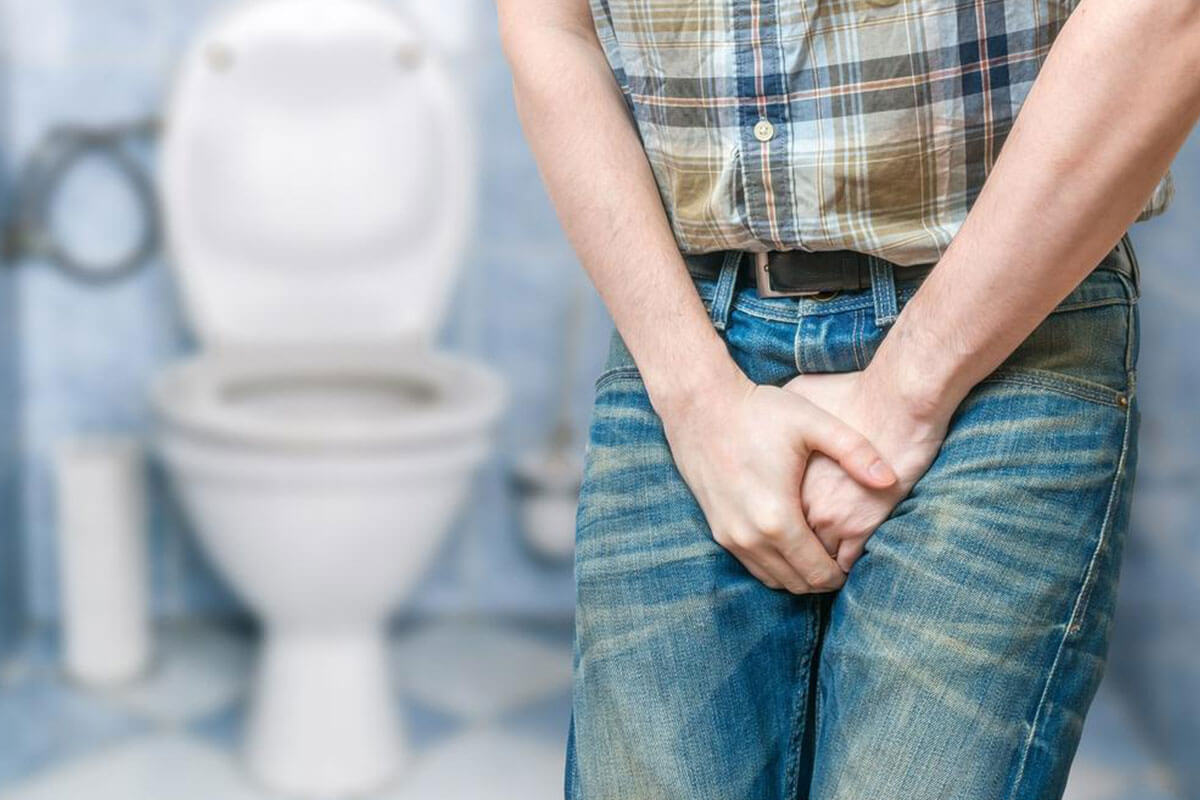Common Causes and Practical Strategies for Urinary Health Management
This article discusses common causes of urinary issues like infections, incontinence, and retention, along with practical management tips. It emphasizes lifestyle changes, exercises, medications, and early diagnosis for optimal urinary health. Clear guidance helps individuals understand and address their urinary concerns effectively.

Overview of Causes and Tips for Managing Urinary Health Concerns
Overview of Causes and Tips for Managing Urinary Health Concerns
Many individuals face urinary health problems at some stage. Typical issues encompass frequent urges to urinate, incontinence, infections, retention, and bladder inflammation. Symptoms may include burning sensations, urgent urination, leakage, blood in urine, fever, or nausea. While severity varies, these conditions often present similar warning signs. Fortunately, many can be addressed with simple home remedies and lifestyle adjustments for relief.
Key factors contributing to urinary issues include:
Root Causes
Understanding the primary causes helps in effective management:
Urinary Tract Infections: Bacterial invasion leads to irritation and frequent urination, especially common in women.
Cystitis: Bladder inflammation caused by infection or irritation without infection.
Other causes consist of:
Urinary Incontinence: Overactivity of bladder muscles or weakened pelvic muscles causes leakage.
Urinary Retention: Enlarged prostate in men can hinder complete bladder emptying, resulting in difficulty urinating.
Frequent Urination: Increased bathroom visits can signal infections, stones, or anxiety issues.
Urgency: Sudden, uncontrollable need to urinate may stem from infections, overactive bladder, or excessive caffeine and alcohol consumption.
Management and Treatment Strategies
Appropriate treatment depends on the underlying cause. Common methods include:
Hydration: Drinking ample water helps flush out bacteria and reduces irritation, ensuring urine remains clear.
Urinary Alkalinizers: Used under medical advice to neutralize urine acidity and ease symptoms of cystitis.
Medications: Antibiotics for infections, pain relievers, or specific drugs like anticholinergics and duloxetine for overactive bladder or incontinence.
Kegel Exercises: Strengthen pelvic muscles, especially beneficial during pregnancy, with regular practice over several weeks.
Biofeedback: Improves awareness of muscle control, aiding in bladder training.
Bladder Training: Extending intervals between urination sessions over 2–3 months.
Maintaining healthy habits such as a balanced diet, limiting caffeine and alcohol, and avoiding bladder irritants can also prevent or lessen symptoms. Early diagnosis and proper care are essential for effective management.


